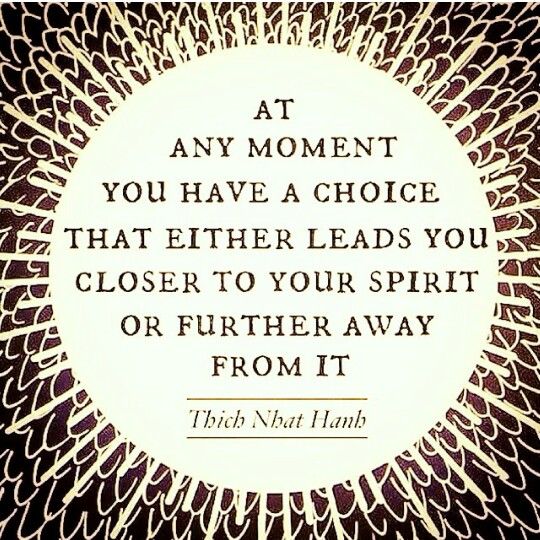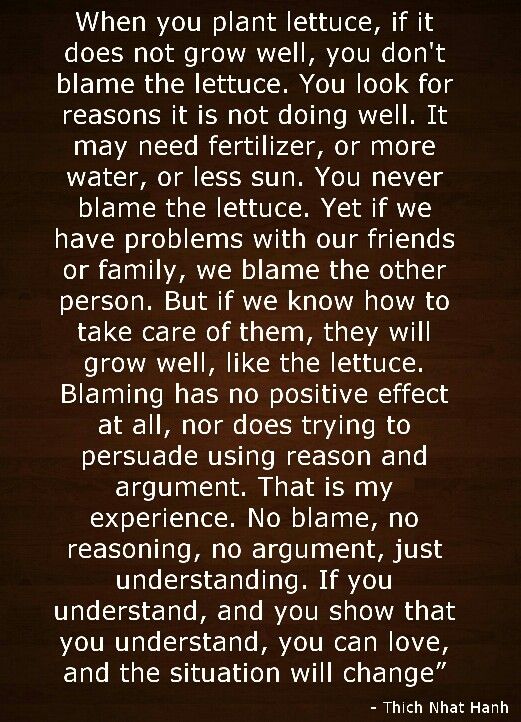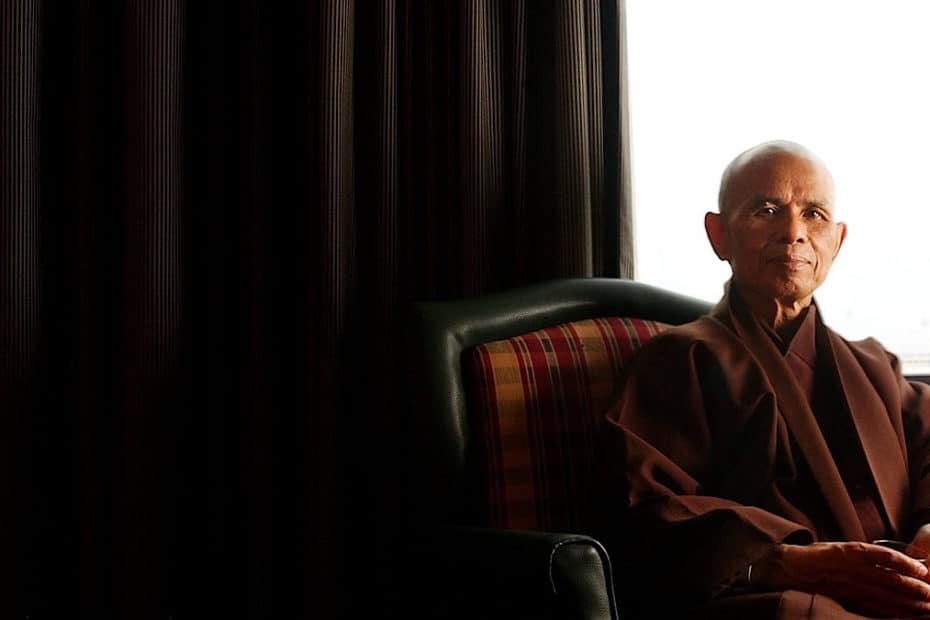Thich Nhat Hanh Quotes
“Looking deeply into the flower, we see that the flower is made of non-flower elements. We describe the flower as being full of everything. There is nothing that is not present in the flower. We see sunshine, we see the rain, we see clouds, we see the earth, and we also see time and space in the flower. A flower, like everything else, is made entirely of non-flower elements. The whole cosmos has come together in order to help the flower manifest herself. The flower is full of everything except one thing: a separate self, a separate identity.” ~ Thich Nhat Hanh, No Death, No Fear
“When you visualize yourself and your beloved in three hundred years’ time, you just feel so happy that you are alive today and that your dearest is alive today. You open your eyes and all your anger has gone.” ~ Thich Nhat Hanh, No Death, No Fear
“Some people do not even want to look at a person when the person is alive, but when the person dies they write eloquent obituaries and make offerings of flowers. At that point the person has died and cannot really enjoy the fragrance of the flowers anymore. If we really understood and remembered that life was impermanent, we would do everything we could to make the other person happy right here and right now. If we spend twenty-four hours being angry at our beloved, it is because we are ignorant of impermanence.” ~ Thich Nhat Hanh, No Death, No Fear
“Someday when we die we will lose all our possessions, our power, our family, everything. Our freedom, peace and joy in the present moment is the most important thing we have. But without an awakened understanding of impermanence, it is not possible to be happy.”
Thich Nhat Hanh, No Death, No Fear
“I know many parents whose children, when they are eighteen or nineteen years old, leave home and live on their own. The parents lose their children and feel very sorry for themselves. Yet the parents did not value the moments they had with their children. The same is true of husbands and wives. You think that your spouse will be there for the whole of your life, but how can you be so sure? We really have no idea where our partners will be in twenty or thirty years’ time or even tomorrow. It is very important to remember every day the practice of impermanence.” ~ Thich Nhat Hanh, No Death, No Fear
“We are often sad and suffer a lot when things change, but change and impermanence have a positive side. Thanks to impermanence, everything is possible. Life itself is possible. If a grain of corn is not impermanent, it can never be transformed into a stalk of corn. If the stalk were not impermanent, it could never provide us with the ear of corn we eat. If your daughter is not impermanent, she cannot grow up to become a woman. Then your grandchildren would never manifest. So instead of complaining about impermanence, we should say, ‘Warm welcome and long live impermanence.’ We should be happy. When we can see the miracle of impermanence, our sadness and suffering will pass.” ~ Thich Nhat Hanh, No Death, No Fear
“When you look at the surface of the ocean, you can see waves coming up and going down. You can describe these waves in terms of high or low, big or small, more vigorous or less vigorous, more beautiful or less beautiful. You can describe a wave in terms of beginning and end, birth and death. That can be compared to the historical dimension. In the historical dimension, we are concerned with birth and death, more powerful, less powerful, more beautiful, less beautiful, beginning and end and so on. Looking deeply, we can also see that the waves are at the same time water. A wave may like to seek its own true nature. The wave might suffer from fear, from complexes. A wave may say, ‘I am not as big as the other waves,’ ‘I am oppressed,’ ‘I am not as beautiful as the other waves,’ ‘I have been born and I have to die.’ The wave may suffer from these things, these ideas. But if the wave bends down and touches her true nature she will realize that she is water. Then her fear and complexes will disappear.” ~ Thich Nhat Hanh, No Death, No Fear
“If you look at a friend with the eyes of a meditator, you will see in him or her all generations of their ancestors. You will be very respectful to them and to your own body because you will see their body and your body as the sacred home of all our ancestors. You will also see that our bodies are the source of all future generations. We will not damage our bodies, because that wouldn’t be kind to our descendants. We do not use drugs and we do not eat or drink things that have toxins or that will harm our bodies. This is because our insight of manifestation helps us to live in a healthy way, with clarity and responsibility.” ~ Thich Nhat Hanh, No Death, No Fear
“Walking slowly in the moonlight through the rows of tea plants, I noticed my mother was still with me. She was the moonlight caressing me as she had done so often, very tender, very sweet… wonderful! Each time my feet touched the earth I knew my mother was there with me. I knew this body was not mine alone but a living continuation of my mother and my father and my grandparents and great-grandparents. Of all my ancestors. These feet that I saw as ‘my’ feet were actually ‘our’ feet. Together my mother and I were leaving footprints in the damp soil.” ~ Thich Nhat Hanh, No Death, No Fear
14 Mindfulness Trainings From Thich Nhat Hanh To Help You Live More Mindfully
Excerpt: Composed by Thich Nhat Hanh in the mid-1960s at a time of war, these mindfulness trainings were formulated to advance peace and compassion.
Read More »14 Mindfulness Trainings From Thich Nhat Hanh To Help You Live More Mindfully
Pillow Punching – Good or Bad for Anger Management? [Excerpt]
Excerpt: While pillow punching might seem like a good idea for, “letting off steam” and managing anger, hitting things while angry actually tends to have the opposite effect.
Read More »Pillow Punching – Good or Bad for Anger Management? [Excerpt]










![Pillow Punching - Good or Bad for Anger Management? [Excerpt]](https://movemequotes.com/wp-content/uploads/2017/02/IMG_0380-930x620.jpg)